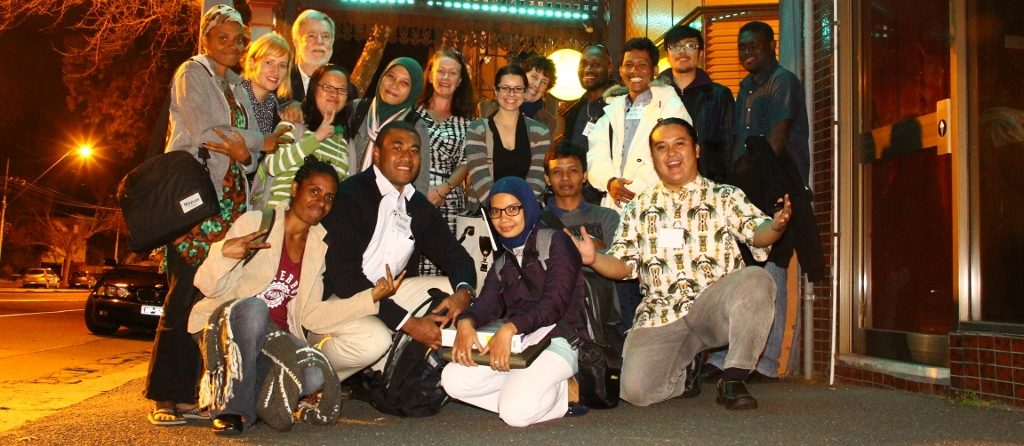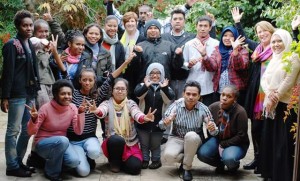Compared to other South Pacific island countries, Vanuatu has one of the lowest number of people who use social networking tools such as Blogs, Facebook, My Space, YouTube and Twitter.

by Asthma Helper
The result of a survey on the number of Facebook users in the region in 2010 was released to participants of the Asia Pacific Journalism Centre AusAID ALA Fellowship on Reporting the Economic Life of the Communities by Alex Wake, Journalism Lecturer at Royal Melbourne Institute of Technology.
From the survey Vanuatu has a total of 4,940 people on Facebook.
This is the same for Tonga whose population is one-third of that for Vanuatu.
In comparison, nearby New Caledonia with the same population as Vanuatu has 54,220 Facebook users.
For other countries:
- Fiji – 83,040
- PNG – 21,220
- Australia – 8-million plus.
There are a number of factors for the comparatively low number of Facebook users in Vanuatu.
One of these is that generally, Ni-Vanuatu are not easily keen on sharing their thoughts and views in such a public arena.
But most importantly though, it is the issue of lack of access to computers and communications capacity, which is the main hindrance in this case, I believe.
Now, you will find that students studying overseas such in Australia, New Zealand, New Caledonia, Fiji, and further abroad are those that make up the bulk of the four thousand Ni-Vanuatu and other people in the country now on Facebook.
This issue is a classic example of the important need for the Government, the Telecommunication Regulatory Authority, Telecom Vanuatu Limited and Digicel to address this issue.
What do you think can and should be done to increase the number of Ni-Vanuatu having access to the internet and the social networking sites?


